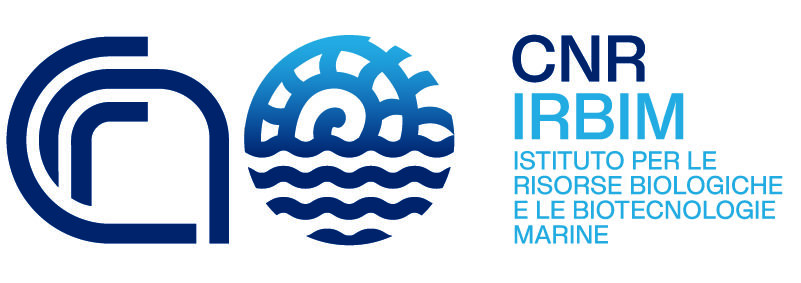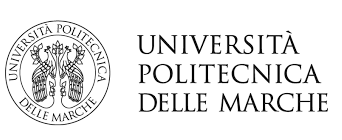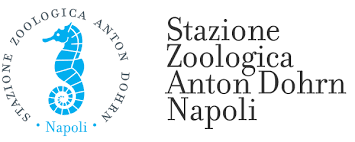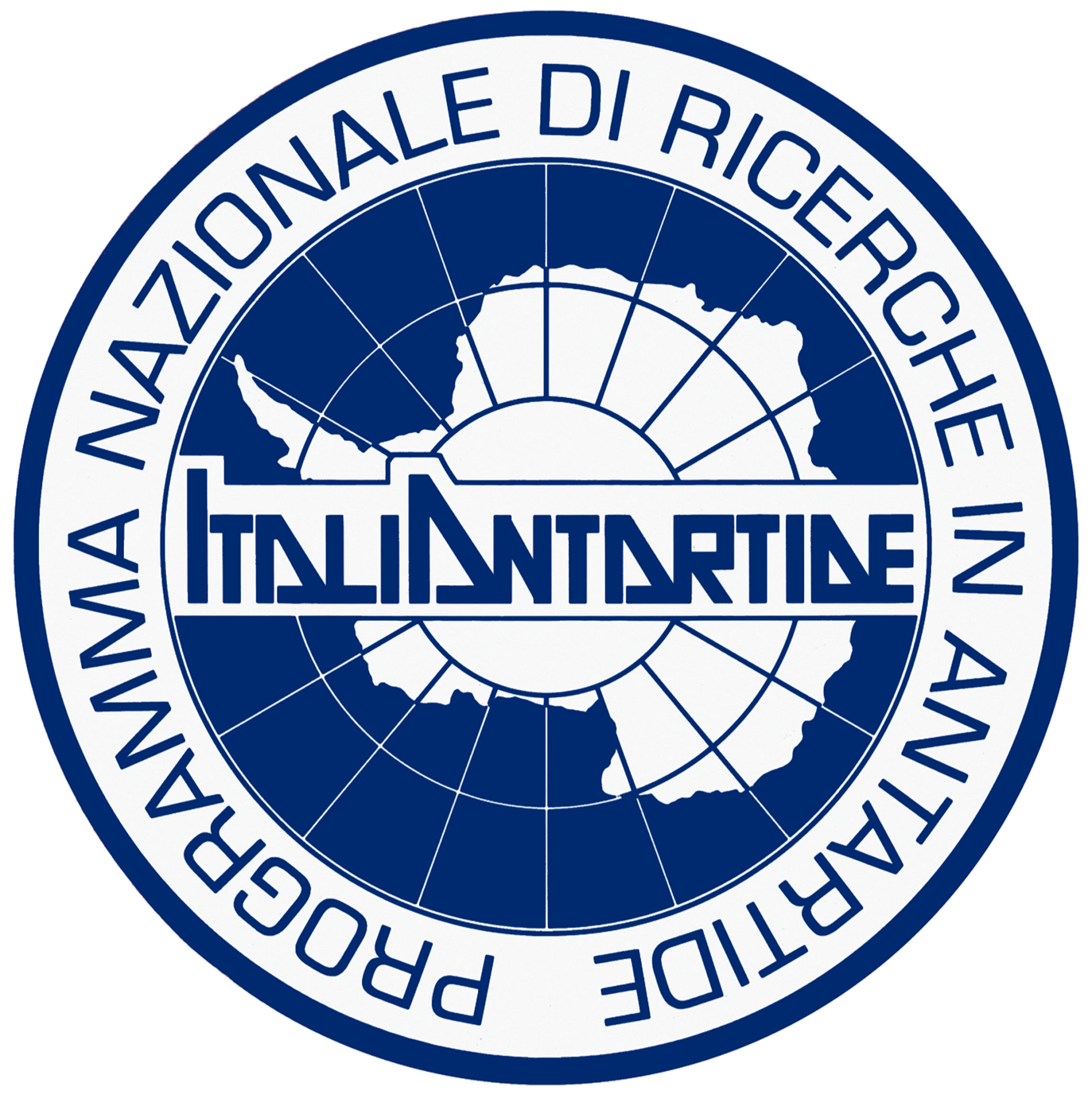Why MetaIceRoss?
The trophic conditions of Antarctic ecosystems are deeply influenced by sea-ice melting, with changes that involve phytoplankton and the whole food web from krill to penguins. However the consequences of ice-melting on the planktonic microbial food web (viruses, prokaryotes and unicellular eukaryotes), driving biogeochemical cycles, have been largely ignored. MetaIceRoss will investigate how changes related to sea ice melting influence the diversity and functioning of planktonic microbes in the Ross Sea coastal ecosystem of Terranova Bay.
What we expect
The groundbreaking nature of MetaIceRoss will provide unprecedented evidences on the role of microbial interactions in the functioning of the Ross Sea coastal ecosystem and improve the knowledge on biological changes caused by global climate changes. In addition, the project will provide a baseline assessment of the functioning of the microbial food webs and carbon sequestration in the pelagic environment in the Ross Sea region, within the context of the Ross Sea Region Marine Protected Area (RSRMPA) and its monitoring and research plan.
Our Team
MetaIceRoss includes a team of scientists bringing together several disciplines including ecology, microbiology, physical oceanography, biogeochemistry and bioinformatics

Institute for Marine Biological Resources and Biotechnology – National Research Council of ITALY (CNR-IRBIM Ancona, Italy)
www.ricercamarina.cnr.itwww.irbim.cnr.it
Università Politecnica delle Marche (UNIVPM Ancona, Italy)
www.disva.univpm.it
Stazione Zoologica “Anton Dohrn” di Napoli (SZN, Italy)
www.szn.it
